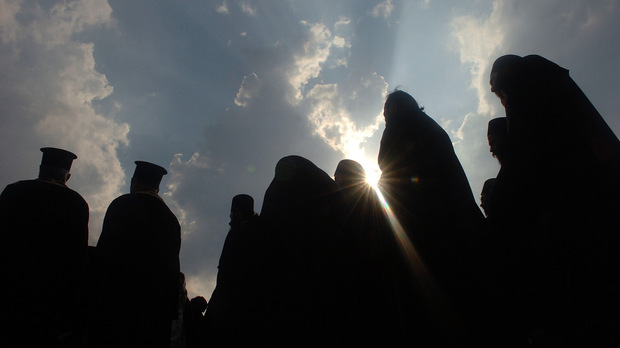Bulgarian Orthodox Church calls for abortion ban, compulsory religion in schools, no sex education
The Bulgarian Orthodox Church’s governing body, the Holy Synod, has called for a complete rewrite of the government’s National Strategy for the Child 2019-2030, urging a ban on terminations of pregnancy, for religion to be a compulsory subject in schools, no sex education, and opposing the full ban on corporal punishment in schools.
The strategy, which succeeds the 2008/2018 version, was posted for comment on the government’s strategy.bg website in January and closed for comments on February 8. The church posted its comments on the Patriarchate’s website and they were annexed to the strategy.bg website.
The church said a ban on termination of pregnancy would make it possible that “our society and in particular Bulgarian children will receive a new chance for full existence and blessed progress, and our society – an opportunity to overcome the demographic crisis”.
It said that termination could be allowed only if the mother was so severely ill as to make childbirth impossible or if the foetus was not viable “such as anencephaly (a child conceived without a head)”.
The Bulgarian Orthodox Church also called for religion to become a compulsory subject in schools.
“Religious education in kindergartens and schools educates not only the minds but also the hearts of the smallest members of our society, which means that religious activities (in particular: Orthodox Christianity) reveal to children the sacred secret of this, that man is created in the image of God, and that to educate means to develop not only intellectually, but also to be perfected in faith, hope, love, charity and godliness.This is and should be the highest goal of any education, of any education-form, that man should be likened to the image of his Creator,” the church said.
The church said that quality education for all children would not be complete without compulsory religious education, with the option of “choice among several strands, depending on the views and religion of the family and the child”.
It opposed the idea of sex education at schools, insisting that “the younger generations are educated about the value of true love and not about sexuality that is taken out of the context of love”.
The church said that young people should be taught that the best contraceptive is abstinence, rather than “sexual permissiveness when using contraception before and outside marriage”.
The church expressed fear that programmes related to “healthy lifestyles, sexual behaviour and health” of children in pre-school and school will be given to “government officials, non-governmental organizations (often pro-LGBT-oriented NGOs), and educators with dubious beliefs”.
Responding to the concept of “all rights for all children”, the church insisted that the rights of parents be protected too and that parents’ authority is not diminished with “artificial and extreme limitations on the educational methods that can be used in raising children”.
The church also opposed the full ban on corporal punishment of children by stating support for “acceptable verbal or physical means to correct child behaviour”.
The Bulgarian Orthodox Church also called for respecting the attitudes and needs of Bulgarian society and eliminating the foreign practices and policies that are not applicable to them.
“Children’s rights, parents’ rights, and the protection of the traditional family have a direct bearing on national security, state prosperity and eternal salvation in God,” the church said.
The Bulgarian Orthodox Church is the largest religious denomination in Bulgaria, with close to 60 per cent of Bulgarians having declared themselves to be adherents of it, in the most recent census in 2011.
Article 13 (3) of Bulgaria’s constitution says that “Eastern Orthodox Christianity shall be considered the traditional religion in the Republic of Bulgaria”.









Comments